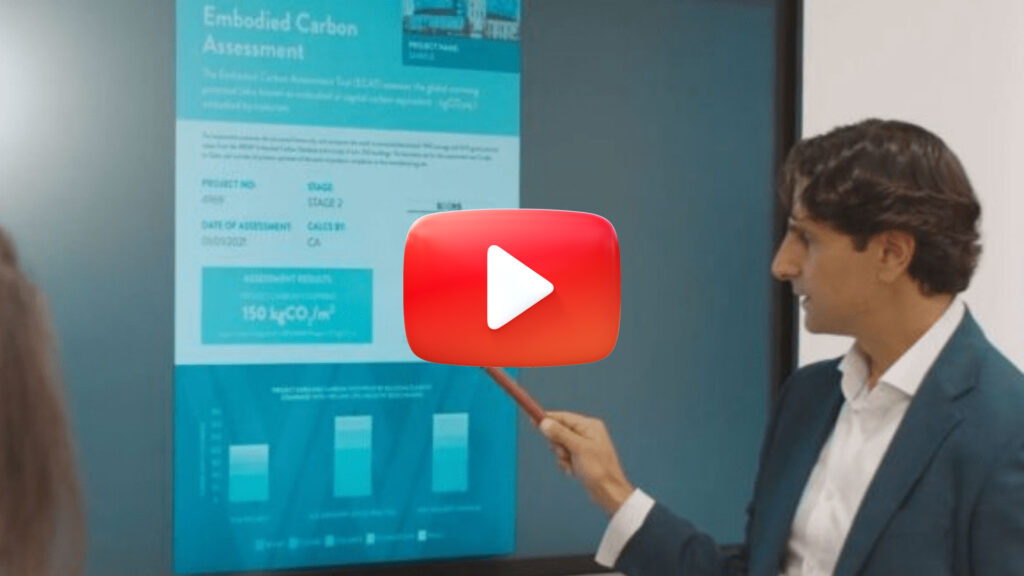We proudly support Part Z – which outlines proposed amendments to UK Building Regulations 2010 in order to accelerate the rate of progress in the built environment towards Net Zero 2050.
The proposed amendment document was released last week and can be viewed here, its arrival comes one month after the Climate Change Committee delivered their Progress Report at the Houses of Parliament. The Progress Report included strong recommendations regarding introducing mandatory whole life carbon reporting (and limits) for all structures and infrastructure by 2025
Part Z has been backed by North Norfolk MP Duncan Baker who stated: “The bill calls for two things: first, whole-life carbon emissions to be reported on all major building projects; and second, for upfront embodied carbon limits to be set for those projects based on data from the first…..I am convinced that the introduction of such regulation is feasible and that the construction industry is ready for it.”
The Part Z document was co-authored by Will Arnold, who seeks to advance sustainable measures in the built environment through his position as Head of Climate Action at the Institution of Structural Engineers; as members of the Insititute, we fully support the proposed amendments and eagerly await the governmental response.
At Walsh, we recognise that the embodied carbon produced by the construction industry cannot be ignored if we are to meet the commitment on time or ahead of time. As Engineers, we live to problem solve and have devised our own methods to ensure we are ahead of schedule on the Journey to Net-Zero.
To find out more, click the links below:






